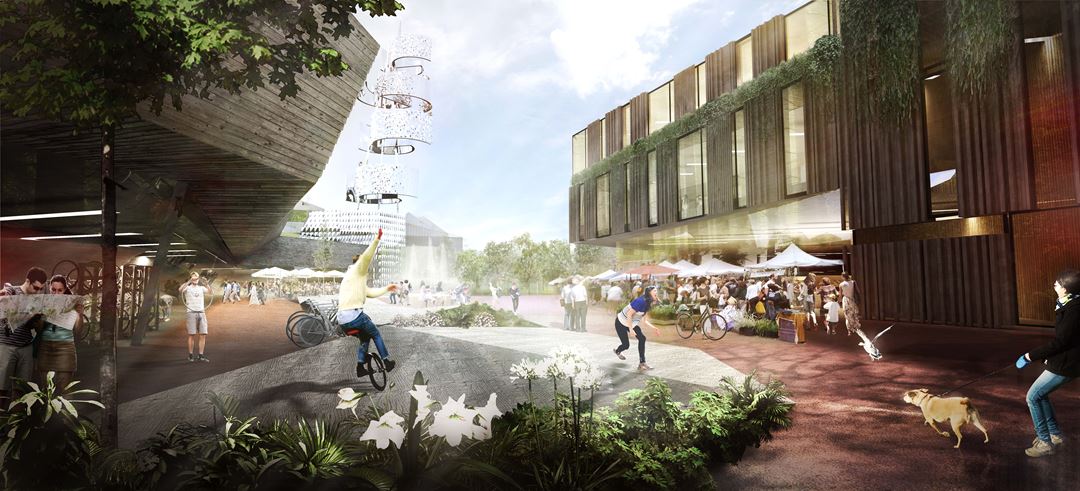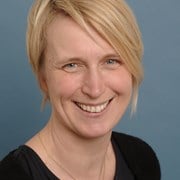Europe is pushing forward the energy transition by stepping up from building level innovations to district and city the pioneering concept of Positive Energy Districts (PEDs). The EU's Strategic Energy Technology Plan (SET-Plan) has set out a vision to create 100 PEDs in Europe by 2025.
Linked to the New Leipzig Charta's Green, Just, and Productive City proclamation, PEDs are seen to be the right vehicle for the transition towards smart and sustainable cities and communities. Besides technological innovation within the energy system, PEDs call additionally for innovation and collaboration in diverse fields. They ask for cross-sectoral cooperation and engagement, open innovation, early involvement of diverse stakeholders within an integrated planning and development process.
With the first PEDs established in Europe, it is time to look at experiences and learnings gained so far and identify further research gaps. We do raise the question how PEDs can contribute to a sustainable transition of cities and communities.
- The session starts with Mark von Wees' presentation on "The many faces of Positive Energy Districts – scope, boundaries and benchmarks" as Mark is pointing us towards four areas for further research and practical challenges in PED implementations.
- Building on this initial frame, Andreas Panagidis and his colleagues will guide our attention to Cyprus, when comparing different regional PED projects through the eyes of sustainability with their presentation "Smart Eco-districts: Concepts and Perspectives from Cyprus"
- Dirk Ahlers and Anenmie Wyckmanns will present their findings on challenges for replication with a focus on technical aspects and organisational partnerships, spanning from real estate and energy, stakeholder and citizen engagement, to new business models. Their presentation "Challenges in Replication and Scaling of PEDs: Technical and Organisational Partnerships" is building on the EU H2020 Lighthouse Project & CityxChange and insight from other PED projects across Europe.
- Last but not least, Arian Mahzouni will set the spotlight on the intertwining of the energy and mobility system and discuss how this leads to more sustainable mobility patterns with his presentation on "Reducing mobility-related energy use in smart cites: insights from Dietenbach in Freiburg (Germany) and Zero Village in Bergen(Norway)".
Convenors: Joint panel of Urban Europe Research Alliance (UERA) TWG 2.1 and European Energy Research Alliance Joint Programme Smart Cities (EERA JP SC)
- Monika Heyder (EIFER),
- Daniela Baer (SINTEF)
- Gudrun Haindlmaier (AIT/University of Vienna)
The session is free to attend

